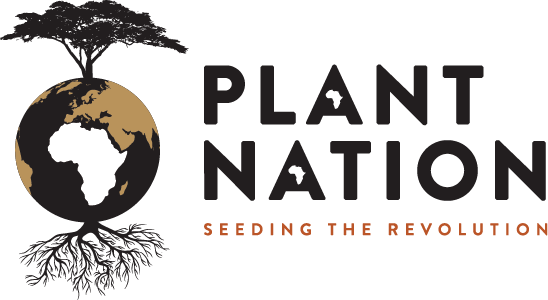26 Apr School and Community Upliftment Programs
According to the Children’s Institute, 11.2 million South African children between the ages of 7 and 17 were found to have “attended some form of educational facility in 2017.” This makes up 98% of the country’s children.
While maths, science and business studies are all important elements of a modern education something that is being left behind are some basic survival skills and though its important to know how to use a calculator or computer learning to grow your own food and plant a tree is equally vital.
Recognising the need for this kind of education and being passionate about plants and teaching PlantNation has decided to play an active role in changing this. We create specifically tailored educational programmes for schools around South Africa.
Every school has its own requirements and challenges for example different schools in different climatic regions may have different needs. A school in the Northern Cape may have severe water restrictions and need rain harvesting while a school in Lesotho might be on a mountain slope and require terracing. We make sure that all of these elements are taken into account and then taken care of.
There are schools in disadvantaged areas where students struggle to meet their daily calorific requirements. In these cases the best solution is to establish a fruit forest or vegetable garden. Depending on the available resources this may be as simple as a potato tower using discarded tyres or, if we can secure the type of funding necessary, may be a fully integrated agricultural section complete with shade houses, open field areas, an orchard, computer controlled irrigation, fertigation and much more.
While the nuts and bolts are important it is equally if not more important to educate the students, teachers and community members to grow and care for their plants. Buildings fall but education lasts forever and so we go out of our way to present information in a useable format to all involved. Written information may be translated into multiple languages depending on local requirements or pictorial representations may be necessary depending on the ages and educational levels of those receiving the information.
When food is not what is required we institute indigenous tree planting programmes. This involves securing suitable trees for the schools and then teaching students how to plant them as well as basic after care. For many, the privilege of being able to plant a tree with no other motive than to beautify the environment is an unknown experience and it’s benefits cannot be measured. We also educate the children (and anyone else who cares to listen) about what role those trees play in the local environment, how they interact with different species and how they are interacted with by indigenous South African people for medicine and food.
For many children sitting in a classroom for 6 hours a day is hard and learning can be difficult but planting is fun and growing food and trees can be life-changing. Let’s give that opportunity to Africa’s future.


